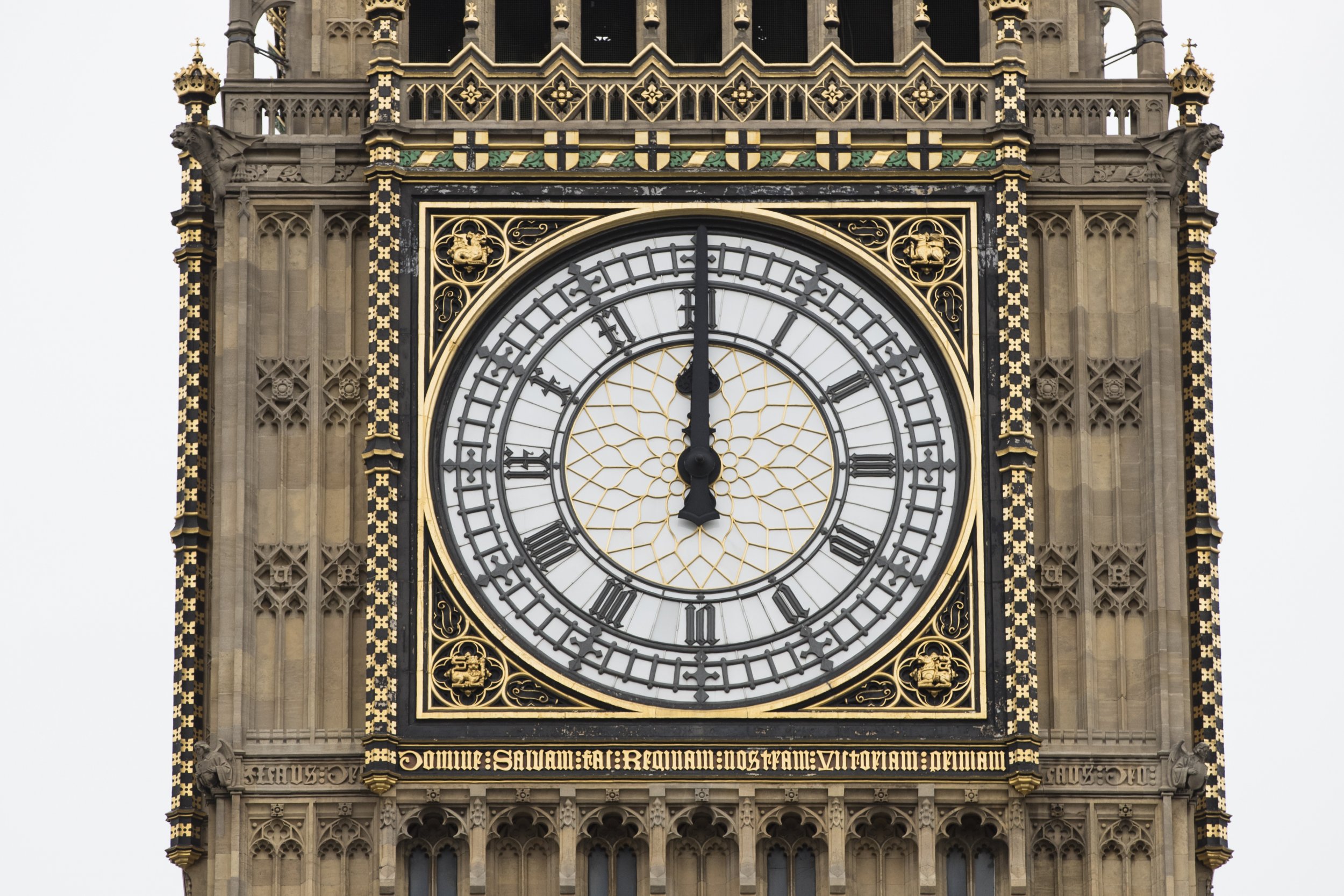
Whether you're turning the clock backward or forward, numerous reports suggest that daylight saving time is not only outdated and unnecessary, but also pretty unhealthy. One possible solution could be a universal calendar that literally puts time on hold, eliminating the need for daylight saving and all other time anomalies caused by our current calendar system.
The proposed universal calendar is based on a very specific mathematical formula that allows all 12 calendar months to be identical. This means that everything from birthdays to holidays would fall on the same day every year. The calendar's creators, Richard Henry, an astrophysicist at the Krieger School of Arts and Sciences at Johns Hopkins University, and Steve H. Hank, an applied economist at JHU, are also in favor of adopting "universal time" that would allow us all to be on the same constant time no matter where we live in the world.
Similar to Greenwich Mean Time, at one point the international standard for time, this universal time would mean that 3 a.m. could be the middle of the afternoon for some and bright morning for others, depending on where you live.
Related: Hate daylight savings time? Massachusetts and Maine are leading a charge to ditch it
"Everyone knows that it is RIGHT NOW, in every single place in the world. But people's clocks in different places say different times, even though clearly the time is actually the same," Henry told Newsweek.
Universal time would not only be helpful for global communication, but could also have health benefits. A sudden time shift can mess with our body clocks, also known as circadian rhythms. Our body clocks use hormonal changes based on sunlight exposure to tell us when to get up and when to fall asleep. When we are exposed to more or less sunlight, our body releases hormones that help to manage body functions, such as digestion and sleep.
Numerous reports have pointed out the potential dangers of messing with the body clock, including a 2016 study that found daylight saving increased the risk for stroke by 8 percent. This increase was even more significant for individuals who were already in poor health, such as cancer patients (25 percent more likely to have a stroke during daylight saving) and elderly people (20 percent more likely.)
Related: Daylight savings time: when do the clocks change and why
Change is hard, and although the health and economic benefits of this universal calendar may outweigh those associated with our current calendar, getting people to make the switch won't be easy—though it's surely not impossible. "It can be done," Henry said. "It requires leadership."
It's too late to make the shift this year, as daylight saving time already passed this weekend, but through greater advocacy and awareness, the fall and spring time changes, and all their inconveniences, could someday become a memory.
Uncommon Knowledge
Newsweek is committed to challenging conventional wisdom and finding connections in the search for common ground.
Newsweek is committed to challenging conventional wisdom and finding connections in the search for common ground.
About the writer
To read how Newsweek uses AI as a newsroom tool, Click here.








